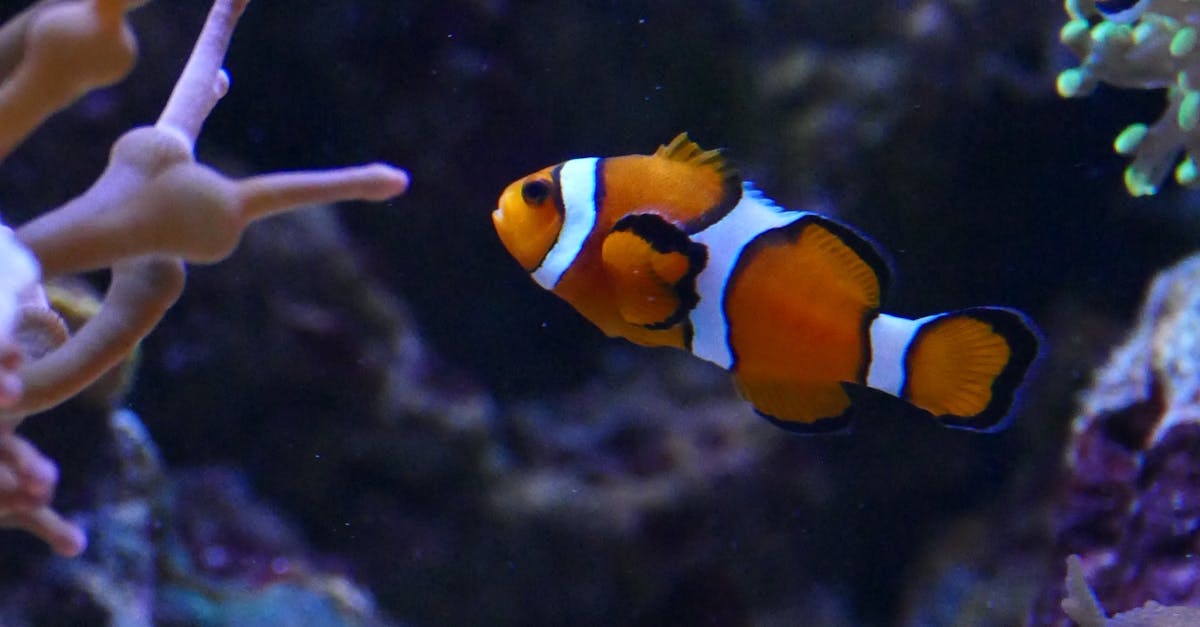The alarming news of an impending coral reef collapse, as reported in the Honolulu Star-Advertiser, has major implications for Hawaii. Scientists indicate that global warming is causing an accelerated die-off of coral reefs, signaling the first “tipping point” in climate-driven ecosystem collapse. This dire assessment highlights the critical state of these vital marine habitats and the potential consequences for dependent industries, especially tourism.
This impending crisis is not just an environmental concern; it directly threatens Hawaii's economy. Coral reefs are essential for the state's tourism sector, attracting visitors who come to snorkel, dive, and enjoy the vibrant marine life. The degradation or loss of these reefs would significantly diminish the appeal of these activities, potentially leading to a decline in tourist arrivals and associated revenue for local businesses. Approximately 84% of the world's reefs have been stressed to the point of bleaching and death, according to the Irish Examiner.
Furthermore, the impact extends beyond tourism. As CNN reports, the degradation of reefs also disrupts coastal protection, which results in increased erosion and vulnerability to storms. Healthy reefs act as natural barriers, shielding the coastline from the forces of the ocean. Their demise could lead to added costs for coastal communities through infrastructure damage and mitigation efforts, which places additional burdens on both local entrepreneurs and investors. Additional details reveal that global warming is crossing dangerous thresholds sooner than expected, with the world’s coral reefs now in an almost irreversible die-off, as emphasized by Global News.
For Hawaii's entrepreneurs and business owners, this situation demands a proactive response. Embracing sustainable tourism practices, supporting conservation efforts, and investing in eco-friendly technologies are all crucial steps. Moreover, the state government and local organizations must collaborate to implement effective policies that protect marine ecosystems and mitigate the effects of climate change. Failure to act decisively could lead to substantial economic and environmental losses, jeopardizing Hawaii’s future.



